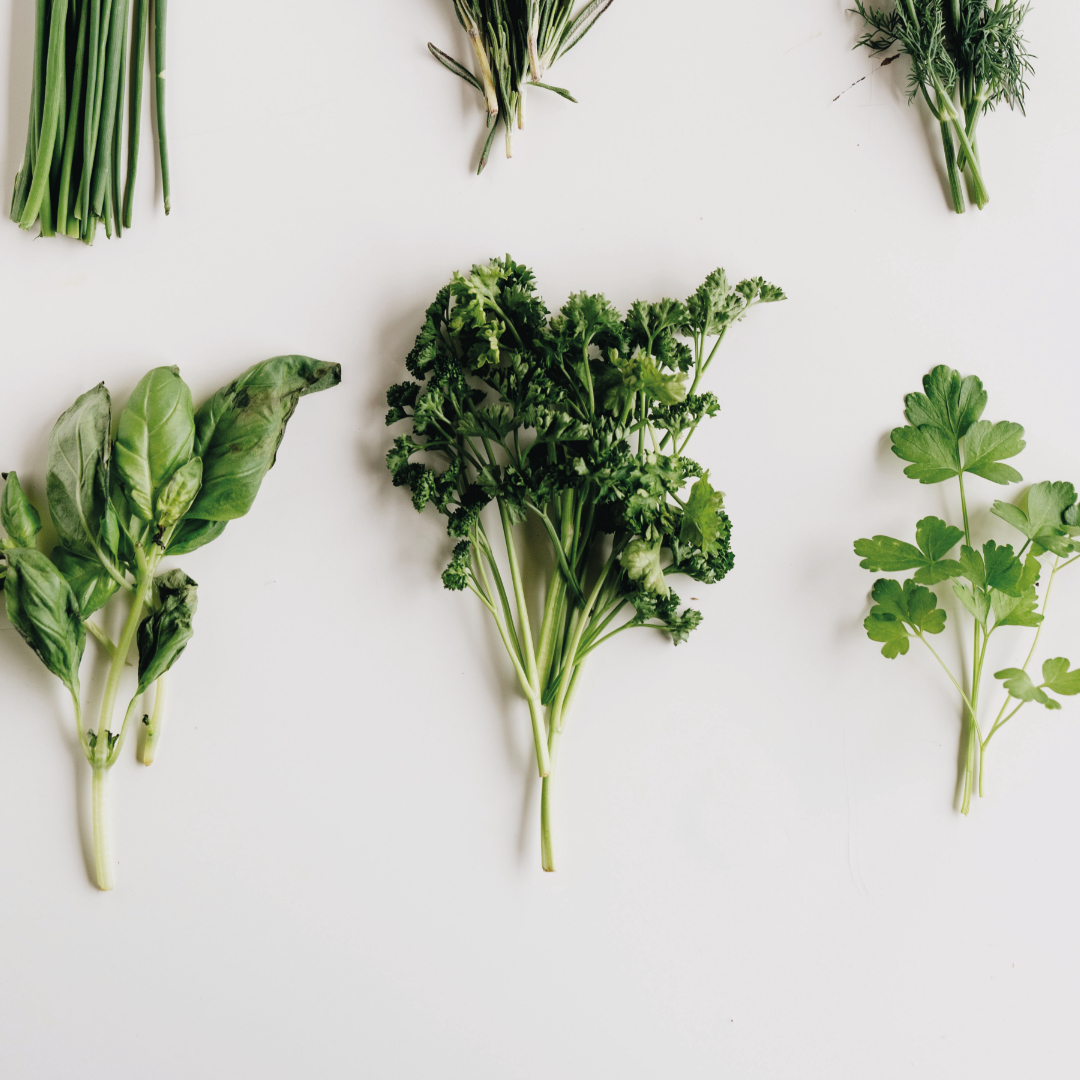Herbs may be the unofficial residents of the kitchen space, but keeping them alive isn’t always the easiest task. These tips should help to assist you with your potting success
Here is nothing quite like the thrill of harvesting your home-grown herbs to make your own delicious pesto or to scatter atop delectable curries in the midst of winter. A climate like the one we have in South Africa is tricky for growing delicate cooking herbs, but here are a select few that are not only hardy enough to grow throughout the year, but are versatile enough to be included in a variety of cuisines.
Basil
The fragrance of freshly torn basil leaves is difficult to compete with, and this herb is ideal for beginner gardeners as well as veteran chefs. Plant from seed or grow from seedlings and this herb will provide you with the key ingredient for a fragrant pesto that far exceeds the taste of store-bought jars. Basil, however, will require replanting throughout the year because once the stems get woody, the plant is nearing conclusion. A firm favourite for many homes, they do best in full sunlight and a weekly watering that’ll ensure the roots remain comfortably damp, while the top soil remains cool and dry.
Coriander
An essential herb in both Indian and Thai cuisine, this plant is adored by South Africans for its unique taste and its ability to draw out the more intricate flavours in almost any dish. Grown indoors, this plant is best sown from seed in a pot with plenty of drainage holes, where the coriander can grow without needing to be transplanted. This herb, with its beautifully shaped leaves, prefers full sunlight, with additional supplementation of light through the winter months and the use of an indoor growing light. Coriander loves to be watered until the roots are drenched, but only once the soil is dry to the touch.
Thyme
A plant that provides both aesthetic and aromatic appeal, thyme is a commonly favoured ingredient in warming dishes and is an essential part of winter soups. It is best grown from seedlings or cuttings, as seeds can prove difficult to germinate, although not impossible. Once placed in an aerated pot with quick-draining soil, thyme requires less maintenance than other herbs. Indirect sunlight, nutrient-dense fertiliser and watering only once the soil is dry, will quickly give you a generous plant that will consistently provide you with cooking herbs.
Rosemary
The star of any Sunday roast, and in recent years making an appearance in inventive cocktails, the fragrance of freshly picked rosemary can be described as both pungent and soothing. An excellent choice for an indoor plant because of its love of cooler temperatures, rosemary still loves gentle sunlight and should be watered only when dry. Much like thyme, seed germination can be tricky, and many gardeners prefer growing the herb from cuttings planted in well-ventilated pots filled with quick-draining soil, peat and nitrogen fertiliser.
Mint
Quite possibly one of the easiest plants to grow, mint is an uplifting fragrance that can change your mood with only a sniff. Mint tea can calm an upset tummy, improve digestion or simply soothe you. This plant has the potential to become invasive, so a potted, indoor environment with plenty of sun is an excellent choice once you have managed to plant the seedlings. Water once a week to maintain a slightly damp, well-drained soil and this plant is almost fool-proof – it practically grows itself!
Words by Ria Naidoo
Photography: Pexels
With a stigma of it being scary and stressful, caramel is actually fairly simple to make when you understand the process.




